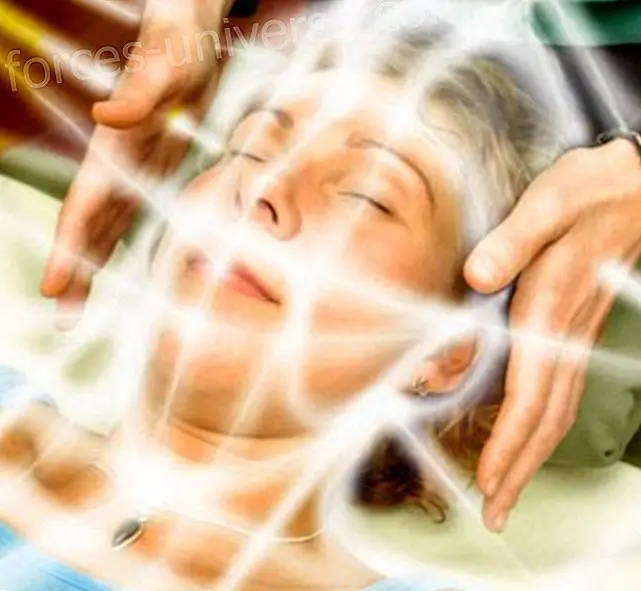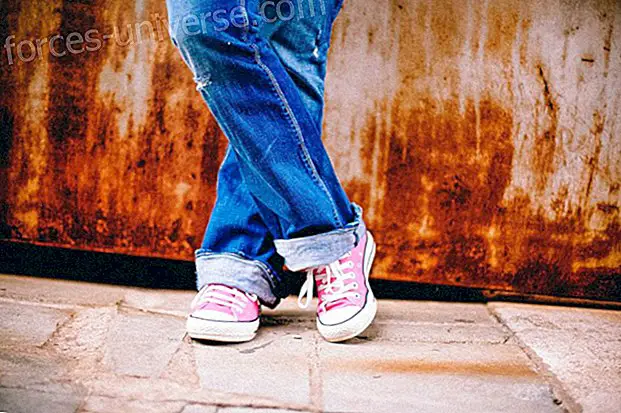
Gradually, Homeopathy, despite the resistance and threats of recalcitrant skeptics, is proving effective in the treatment of diseases and efficient in its economic approaches.
In this intestine struggle to demonstrate its efficacy and therapeutic potential, the Faculty of Medicine of the University of Zaragoza is a pioneer in the Research and Development of Advanced Methodologies, Therapies and Treatments.
Specific:
#
Homeopathy for ophthalmological problems: Mariví Pérez, ophthalmologist-homeopath of the Ophthalmological Center and Homeopathy of the Vision of Granollers.
#
Homeopathy to relieve colds and Homeopathy, natural medicine for mild pathologies: Maria José Alonso, community pharmacist and Homeopathy member of the College of Pharmacists of Barcelona.
#
Homeopathy to combat insomnia: Vicente Bosca, homeopathic doctor in Xativa. Professor of our Postgraduate courses at the University of Zaragoza.
#
Homeopathy and pregnancy: Juan Carlos Ferrer Raventós. Gynecologist, Barcelona.
#
Hot flashes of menopause and homeopathic treatment. Gualberto Díaz Sáez, homeopath and medical specialist in Family and Community Medicine, Madrid. Professor in our Postgraduate courses at the University of Zaragoza.
#
Homeopathy and Nephrology. Juan Carlos Alonso, nephrologist at Lluís Alcanys de Xátiva Hospital and specialist in Homeopathy.
#
Homeopathy to treat allergies. Guillermo Basauri, general practitioner specializing in Homeopathy, Getxo, Biscay.
#
Homeopathy against allergies. Antonio Ortega, homeopathic doctor of Barcelona and vice-president of the Spanish Society of Homeopathic Medicine.
#
Homeopathy to Treat Repeating Cystitis. Roberto Ordoñez, homeopathic doctor and secretary and treasurer of the Spanish Society of Homeopathic Medicine.
More than 100 Million Europeans use Homeopathy.
Bioregulatory medications use microdoses of plant and mineral principles that activate the immune system.
The heads of the Homeopathy sections of the Medical Colleges of Madrid and Barcelona highlight the efficacy and safety of bioregulatory medicine.
Madrid, March 22, 2010. On March 23, the European Homeopathy Day is celebrated, culminating in a day of debate in the European Parliament. It is estimated that 100 million Europeans use homeopathy and what is considered their second generation, bioregulatory medicine, especially in pathologies such as colds, bruises, allergies and inflammatory and febrile processes.
75% of Europeans know homeopathy, according to the European Commission, and 29% of them use it. In Spain, some 3, 000 Primary Care physicians, 2, 000 pediatricians and 4, 600 doctors from other specialties, including traumatologists and ENT doctors, prescribe homeopathic and bioregulatory medications.
"Bioregulatory medications have the same safety as homeopathic medicines but both their doses and their scientific evidence are higher, " said Dr. Jesús Agudo, president of the Association for the Study of Bioregulatory Medicine (Asembior), and professor at the Autonomous University from Madrid. In conventional homeopathy, infinitesimal doses of compounds of plant and mineral origin are used. In bioregulatory medicine the doses are around 20 micrograms, which allows "to obtain a demonstrable effect and, at the same time, lack side effects, " he adds.
As explained by Dr. Ángela Carrasco, immunologist at the Ramón y Cajal Hospital in Madrid and vice president of Asembior, “the doses used in bioregulatory medicine, make the specific receptors of lymphocytes (TCR) potentiate the signal and therefore lymphocytes show a tighter binding to the antigen. A balance is restored between Th1 cells, involved in cell-mediated immunity and Th2, which facilitate the production of antibodies, thereby regulating the inflammatory response by Th3 and Treg cells that are considered protective. Conventional anti-inflammatories suppress inflammation by acting on immune and tissue response cells but toxins persist. ”
Thus, it has been proven in numerous studies with bioregulatory medications, such as Traumeel, an inflammation mediator, which accelerates the recovery of the sprain, according to a recent study by Dr. Laura Ots, from the 9 de Octubre Hospital in Valencia. An earlier investigation, published in the journal Complementary Therapy Medicine in 2008, concluded that “Traumeel is as effective as conventional medicine in the management of minor or moderate lesions in the population. Its use was safe and judged by doctors as better tolerated than conventional medications. ”
Dr. Santiago de la Rosa, president of the Commission of Naturist Medicine of the College of Physicians of Madrid highlights the "efficacy and safety of bioregulatory medications, as well as their availability in different types of presentations (tablets, sprays, drops, injections, etc. .) ”, While Dr. Assumpta Mestre, who directs the homeopathy section of the College of Physicians of Barcelona highlights its use“ increasingly widespread in all medical specialties, both in treatment and prevention, because in most of the diseases the immune system is involved ”.
The Catalan Society of Family and Community Medicine has developed a guide in which it recommends these types of treatments for 30 different pathologies, such as influenza syndromes, respiratory tract infections, fibromyalgia, chronic fatigue, otitis, asthma, depression or insomnia. Bioregulatory medications are also indicated in the elimination of toxins. “Our body is loaded with toxins from food, medicines and environmental pollutants. This permanent and accumulated poisoning facilitates the appearance of numerous diseases such as asthma, allergies and cardiovascular pathologies, ”says Dr. Agudo. Therefore, it is recommended to undergo a detoxification treatment supervised by a doctor or pharmacist at least a couple of times a year.
Homeopathy enjoys official recognition.
Bioregulatory treatments are registered as medications and, therefore, are exclusively dispensed in pharmacies. They have the support of more and more specialists, such as the Spanish Society of Sports Traumatology and the Association of Soccer Team Physicians. In France and Great Britain they are reimbursed by Social Security, although their use, as in the rest of the countries around us, is much higher than in Spain. On the other hand, in at least nineteen Medical Associations in Spain there are Collegial Sections or Commissions dedicated to homeopathy or bioregulatory medicine: Seville, Malaga, Zaragoza, Huesca, Asturias, Las Palmas, Tenerife, Valladolid, Barcelona, Tarragona, Lleida, Gerona, Madrid, Cantabria, Valencia, Castellón, Alicante, Navarra, Guipúzcoa and Vizcaya. As for regulated training, every year more medical schools include homeopathic or bioregulatory studies. There are masters or postgraduate courses at the universities of Seville, Barcelona, Murcia, Valladolid, the Basque Country and Madrid (Complutense).
Asembior is a non-profit association dedicated to the dissemination and study of bioregulatory medicine, open to the participation of health professionals. He has on his board of directors specialists in pediatrics, toxicology, internal medicine and otolaryngology. More information at www.asembior.org
Source.
-Ministry of Health.
-Faculty of Medicine of the University of Zaragoza.
-Asemblor.org
Recommended readings:
Homeopathy Treaty by Pierre Benkemoun
Medical Division of StarViewerTeam International 2010.






